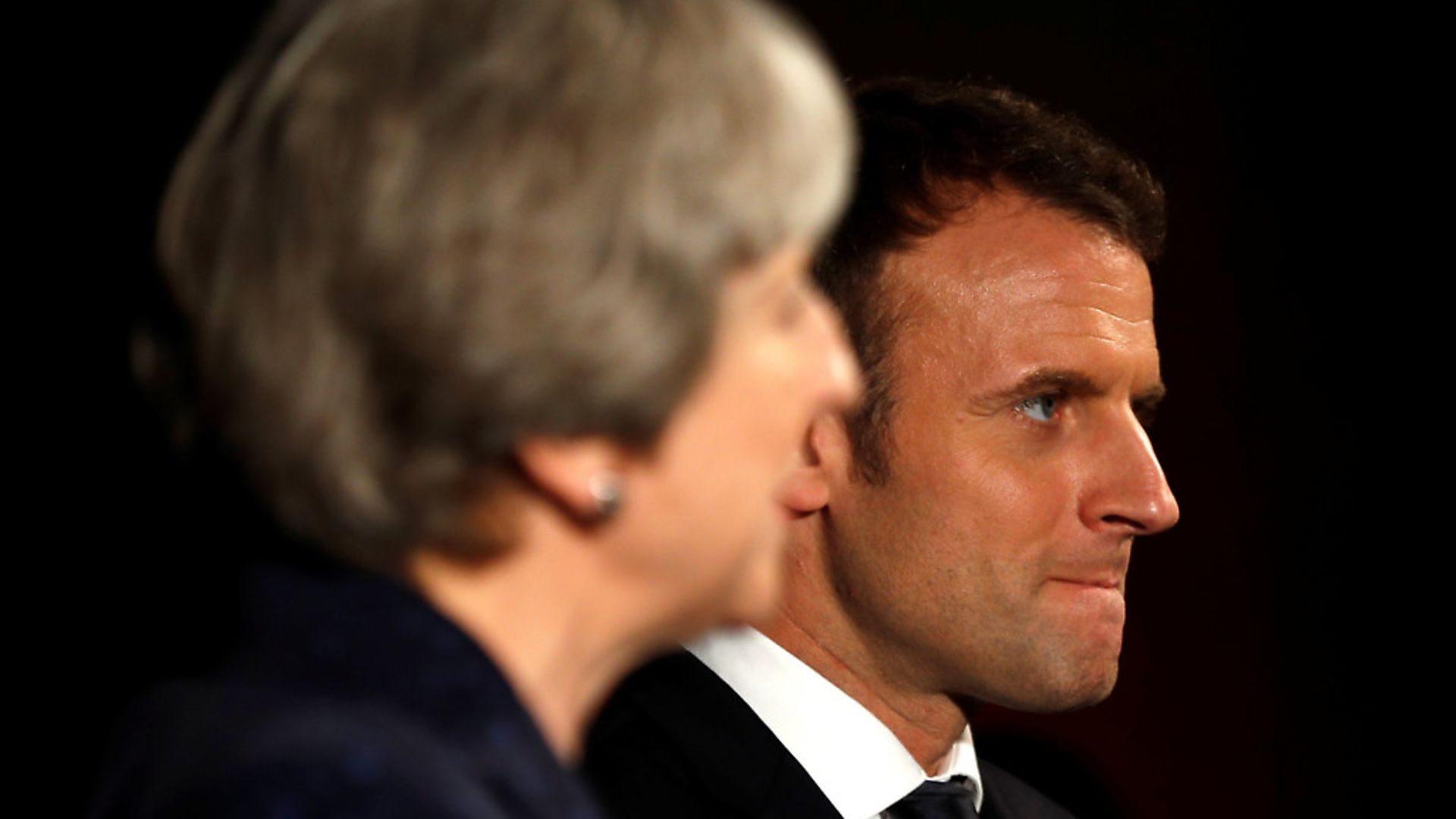
Talk of a second referendum has divided pro-EU support in the UK. DENIS MACSHANE asks how it has gone down in Europe itself.
Most European countries avoid taking big constitutional decisions by plebiscite. But they are used on the continent, most notably in Switzerland.
In February 2014, the Swiss voted in a referendum to ban EU citizens from working there. This repudiated an agreement between Bern and Brussels to allow freedom of movement in exchange for market access and other benefits the Swiss wanted from its EU neighbours.
In response, the EU said ‘sorry, if you start discriminating against our citizens, your businesses, universities and police will lose the current access they have’. So Swiss MPs took charge of the referendum vote and modified their internal labour market rules to help local Swiss workers, without imposing immigration controls on those from the EU who were able to secure jobs in the country.
In effect, the Swiss chose to let their parliament, not a plebiscite, ultimately express the will of the people.
Back here in the UK (or at least in hothouse London), ever since the demand for a second referendum was first floated by Vince Cable, then Tony Blair, Nick Clegg and others, and then, finally, by Nigel Farage, there has been a sense that this may be the magic wand that reverses Brexit. Matt Kelly, the Pavarotti of the anti-Brexit tenors, might have been expected to grab the call for a new vote with both hands. But from his Norwich base – far from No-to-Brexit salons of London – he laid out the perils in his article here last week.
And there are other points that everyone forgets: there is zero chance of a definitive ‘deal’ by October 2018, the deadline for ending the talks. The Brexit can will be booted down the road, with a transition period and further wrangling to come – so no final settlement to put on the ballot paper.
More important is the fact that any new referendum needs an Act of Parliament to happen. If there are enough MPs to vote for a referendum in the next six months – and I have yet to meet one – then there are enough MPs to stop, delay or boot Brexit into the long grass.
That is where the campaigning pressure should be applied: in quietly talking to the Tory and Labour MPs who are keeping their heads below the parapet but who will be part of the process of changing public opinion, if local economic actors and civil society in their constituencies start to make the case at a constituency level.
Because what should not be forgotten is that there will be widespread support in the EU27 if MPs emerge do over the next nine months to ask for a delay or a suspension of the current Brexit process. European leaders like Donald Tusk, Jean-Claude Juncker, Angela Merkel and Emmanuel Macron have been love-bombing Theresa May with New Year messages that if she does want to change her mind on Brexit they will be delighted to give her a hug and welcome Britain back on board.
That is leader-to-leader talk. Things are different at the grassroots of political Europe.
Here there is boredom with Brexit and an assumption it is going to happen, even if it is ‘lose-lose’ for some sectors: European citizens will not allow a cherry-picked, special status for Britain that breaches the rules that other EU member states follow.
I asked various political and EU contacts from these grassroots how European capitals might react if there were a significant shift in the UK towards putting Brexit on hold.
The most positive reaction was from Poland, where it would be seen as a major boost for the forces resisting further EU integration.
Margarita Mathiopoulos, professor of US foreign policy at Potsdam University and a former press secretary to Willy Brandt, said: ‘Germany would welcome without hesitation a second referendum which would bring the UK back into the EU.. on the basis of the status quo ante.’
Others, though, point out that the status quo is not an option. A French MP in the new Macron majority who knows the UK intimately said: ‘The EU27 is going to move forward with reforms, particularly if the coalition in Germany is confirmed. That would mean that the UK will need to commit to supporting this agenda. The question then won’t be status quo versus exit but, on one hand, an evolving EU including a bigger budget, a European Monetary Fund, an EU finance minister and other ideas put forward by Macron versus exit on the other hand.’
A senior British correspondent in Rome noted other signs of changes in the EU, since the British announced they were leaving. He said a recent Franco-Italian meeting of Mediterranean countries had gone well and that there was a sense that ‘minus the Brits, the EU could actually advance more intelligently’.
Others spoke of the sense that Europe minus Britain was able to get back to its core mission of growing the economy on the basis of common policies, not an inter-governmentalist Europe as preferred by Britain under different prime ministers.
There certainly is a way back for Britain. But stopping Brexit will not mean turning back the clock.
Denis MacShane is the UK’s former Minister of Europe and author of Brexit, No Exit. Why (in the End) Britain Won’t Leave Europe









